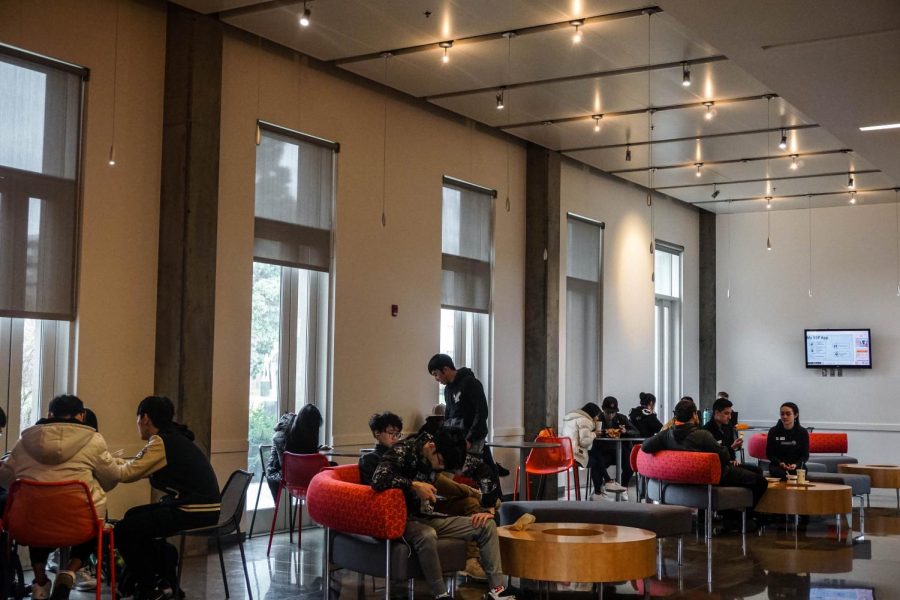Some International students “go home with a mix of feelings” following COVID-19 outbreak
March 16, 2020
Following Oregon State University’s recent shift to remote classes due to COVID-19 precautionary protocols, some international students have to make a tough decision. Some choose to travel back to their home country for spring term, while others don’t have the option to go home at all.
In an email, Gaas Wanena, an Oregon State University third-year business major and International student from Indonesia, said he does not know how to protect himself from COVID-19, and he worries about catching the disease because finals week is approaching, and all this commotion makes it difficult to focus on studying, which heightens stress and lowers the immune system.
“However, I’m also very worried about my family back home because the environment where my family lives is easy to get this disease. One of the difficulties that I’m facing right now is when I shake hands with other people. This is what I’m scared of,” Wanena said.
Yi Li, international student from China, and fourth-year history major said her work and classes are all online and she misses going outside. Li said she is all by herself, and she cannot go back home to visit her family.
“I cannot travel and visit my family in China. In my country, I hear news of young people dying, and it makes me feel panic,” Li said.
Li said she went hiking when it was raining and afterward she started to feel bad. She emailed her teacher who replied that she should be careful because it could be serious.
“While I was feeling bad, my mother texted me, and one of my friends called me. After we talked I felt safer,” Li said.
In an email, Paula Diaz Leblic, international student from Spain, and fourth-year business administration student, said it is important to distinguish between the real information and the fake news about Coronavirus in order to avoid feeling anxiety and fear.
“The important thing is to have a positive attitude, to be prudent and to trust and support the doctors and scientists who, in the end, are the ones who will help us to get out of this problem,” Diaz Leblic said in an email.
According to Diaz Leblic, as an international student, she feels very supported by her colleagues and professionals from the university, but her family is not with her.
“OSU has been my home for these past three years, but life is what happens when you have other plans,” Diaz Leblic said.
Diaz Leblic had to make a decision, and she said she decided to go back to Spain and complete her classes online from there.
“This was not the end I dreamed of when I came to study here. I dreamed of my graduation, in a big party, to bring my family and show them every corner of my university,” Diaz Leblic said. “For now, this will have to wait. I go home with a mix of feelings, sadness and happiness at the same time, but hopefully I can come back for the graduation ceremony and say goodbye to everyone.”
The following countries have restrictions on their borders due to the COVID-19 outbreak, and a full list of countries with travel bans/closed borders can be found on the U.S. Department of State website.
-
China has closed its borders, and urges U.S. citizens remaining in China to stay home.
-
Indonesia has its borders closed for travelers that had been to:
-
Iran: Tehran, Qom and Gilan
-
Italy: Lombardi, Veneto, Emilia Romagna, Marche and Piedmont
-
South Korea: Daegu and Gyeongsangbuk-do
-
Spain has currently closed its internal borders with France and Portugal effective at midnight March 16-17, and only Spanish citizens will be allowed to enter Spanish territory by road from Portugal and France.















































































































